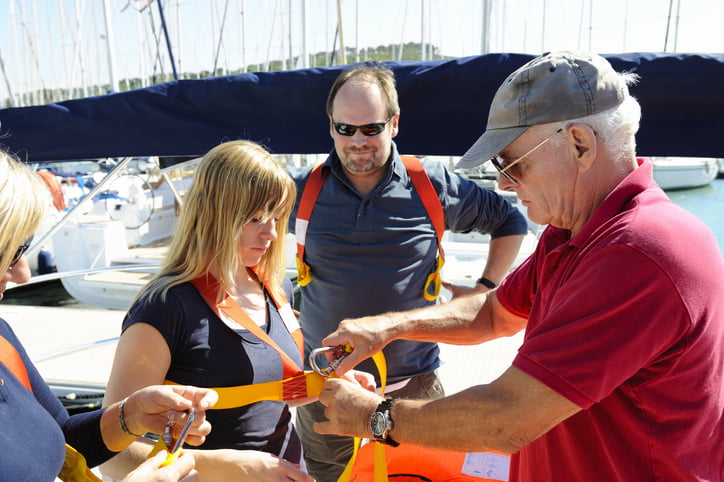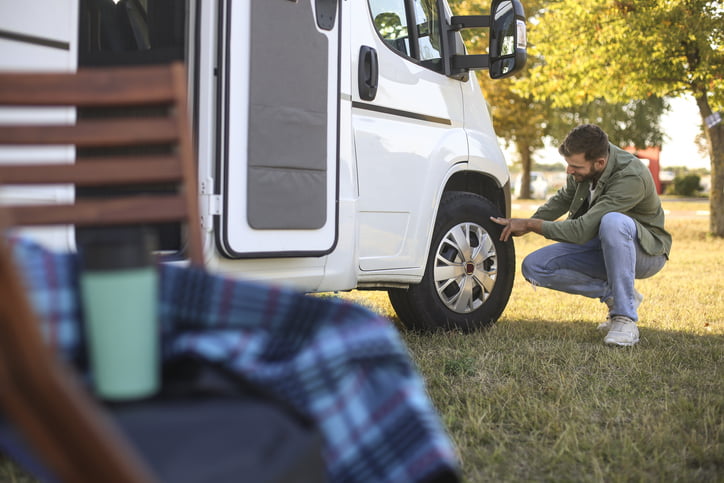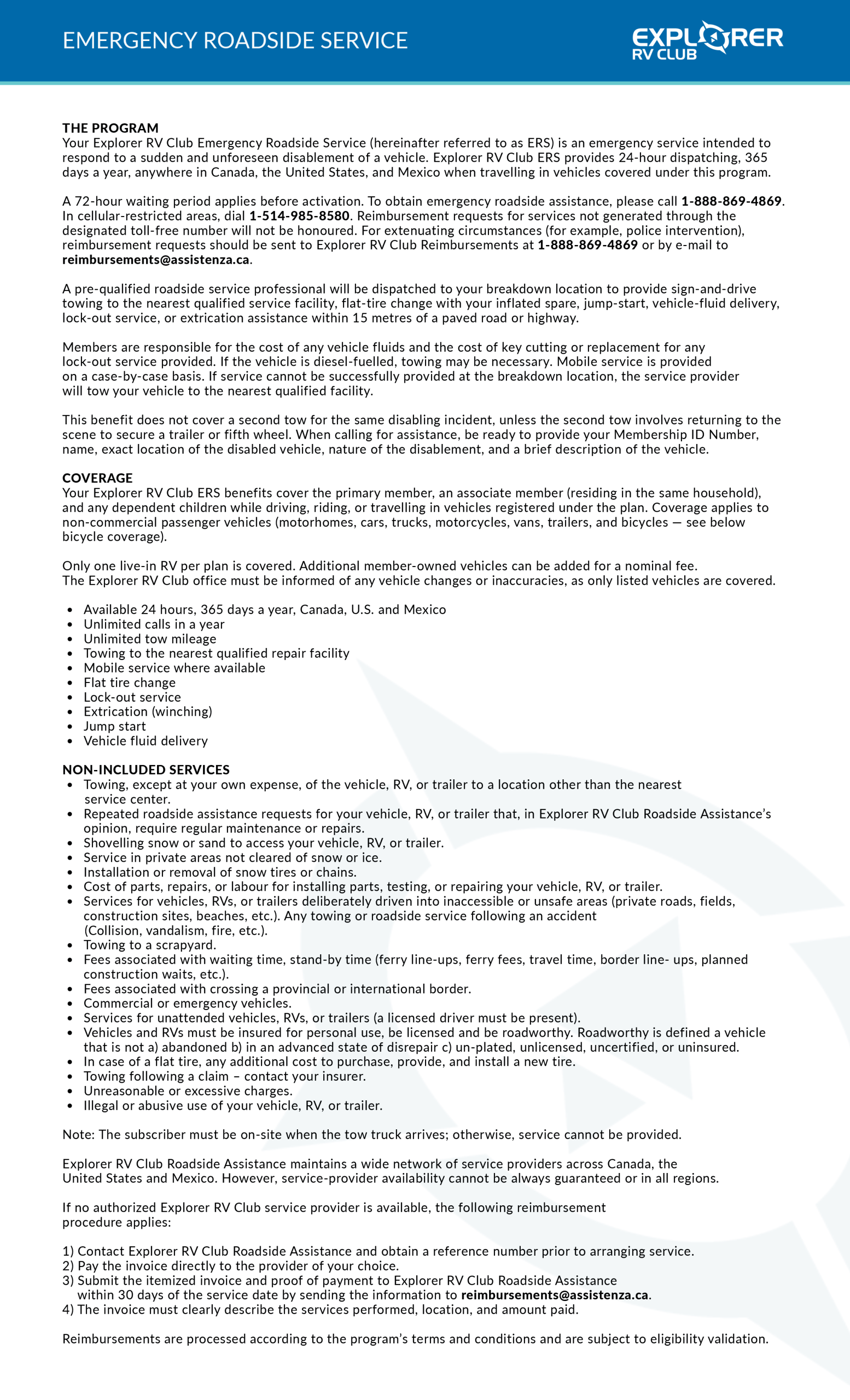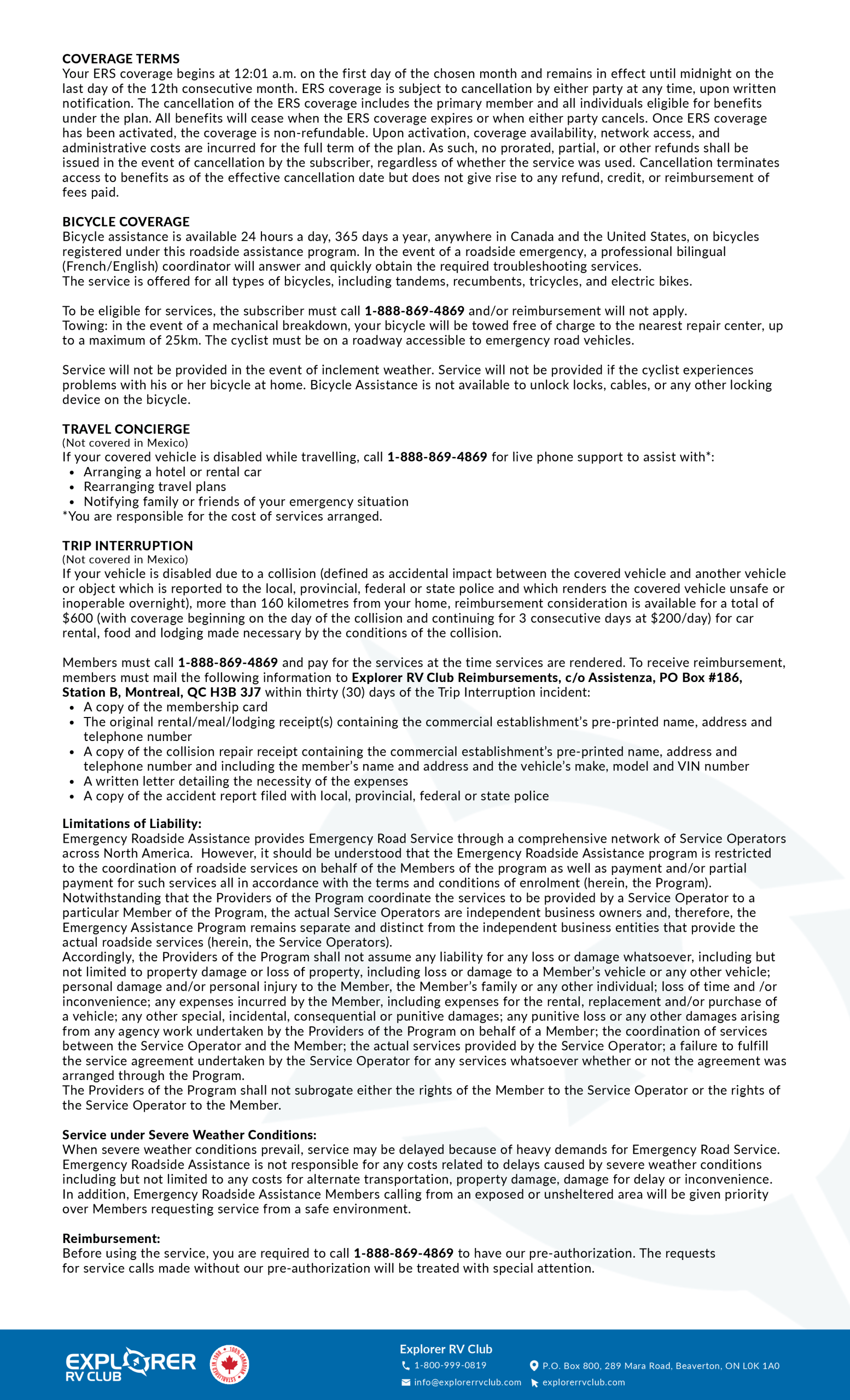Across the United States and Canada, Safe Boating Awareness Week is observed the week of May 22, 2021. From the 22nd through the 28th, the National Safe Boating Council aims to spread awareness of some essential boating safety guidelines to the estimated 16 million Canadians who plan to spend time on the water this summer.
This year, Safe Boating Awareness Week will be arguably more important than ever; as a result of COVID-related travel restrictions and stay-at-home orders, many Canadians are purchasing or renting boats for the first time in order to enjoy some local recreation.
If you plan on boating this summer—whether you’re a beginner boater or consider yourself rather experienced—now is a good time to review your on-board boat safety kit and brush up on some basic boating safety guidelines, as well as get your boating license if you haven’t already done so.
What to Include in Your Boat Safety Kit
Every boat should be stocked with a safety kit that is easily accessible in the event of an emergency. What should you include in this kit? Consider these essentials:
- life jackets for everybody on board
- easy-to-toss flotation devices (rings, cushions, or buoys)
- sound-signaling devices (whistles, air horns etc.)
- visual-signaling devices (flares or distress flags)
- fire extinguishers
In addition to these key items, your boat should also be equipped with a basic first-aid kit to handle any cuts, scrapes, or other minor injures that may occur on the water. Likewise, it is also recommended that your boat be equipped with an anchor to hold itself in place if you need to stop and wait for help to arrive in an emergency.
Always keep a backup cell phone aboard your boat, too, preferably in a waterproof bag or case that floats. This can be used to call for emergency assistance (even if the phone isn’t activated with a service plan). A portable weather radio is also good to have on-board, as this can help you stay alert of changing weather conditions as they occur. Depending on your plans or knowledge of the area, a GPS (either a physical unit or an app on your phone), is also a wise idea for any navigational issues.
Finally, be sure to keep a large bucket or another container aboard your boat that can be used to bail out water in the event of a small leak. All of these items can be potentially life-saving in the event of an injury or emergency on the water, so keep a checklist of these items and make sure they’re on board before you leave the dock every time!
Other Tips for a Safe Boating Experience
In addition to having your boating safety kit stocked, there are some other basic water safety tips to be aware of before you hit the water this summer.
First and foremost, if you haven’t done so already, consider taking a boating safety course. This can be especially helpful if this will be your first summer owning or renting a boat. A comprehensive boating safety course can provide you with the confidence you need to enjoy the water safely with your loved ones.
Before leaving the dock, it’s also important to check the weather forecast and plan accordingly. Weather conditions can change rapidly and without much warning on the water, so be prepared and make sure you have access to a weather radio at all times.
Last but not least, know your local boating laws. One of the most important things to be aware of that just as you cannot legally operate a car while under the influence of alcohol, drinking and boating is also unlawful and dangerous. Always make sure there is a sober person designated to handle the boat—and that this person knows what they’re doing and has their boating license on them.
Choosing the Right Life Jacket
There are multiple styles and makes available on the market, but wearing a life jacket while on-board your boat is a must, regardless of age. However, a life jacket is only effective if it fits properly. When buying life jackets for your boat, make sure that there are enough for the total capacity of your boat. Likewise, be sure that there are additional life jackets available for small children and/or infants, as they will need special vests.
Get into the habit of wearing your life jacket (and insisting that everybody else aboard your boat to the same) at all times while you’re on the water. The last thing you need is to encounter an emergency situation and have to scramble to locate and put vests on everybody.
Have Fun and Stay Safe on the Water This Summer!
Now that you know what to bring on a boat trip, how to choose a life jacket, and how to stay safe on the water, you can feel a little more confident about your boating adventures this summer. For more information on water safety or protecting your new boat, contact the Orbit Insurance Group today!






